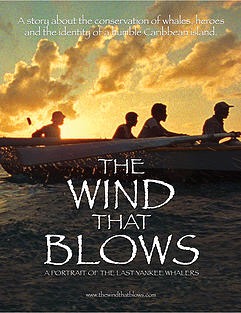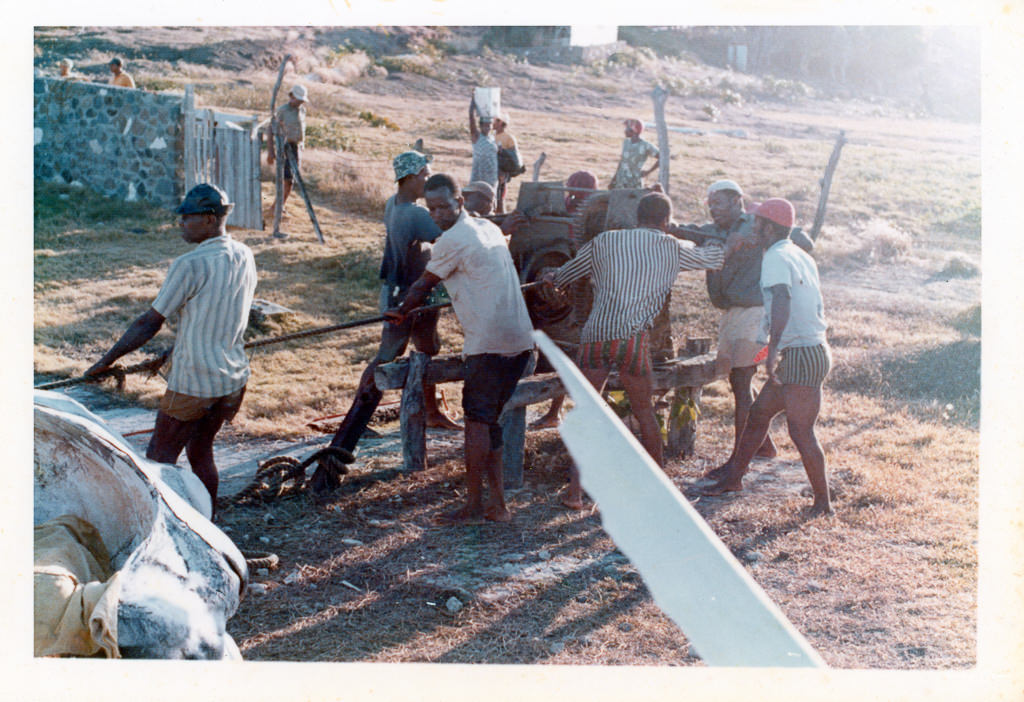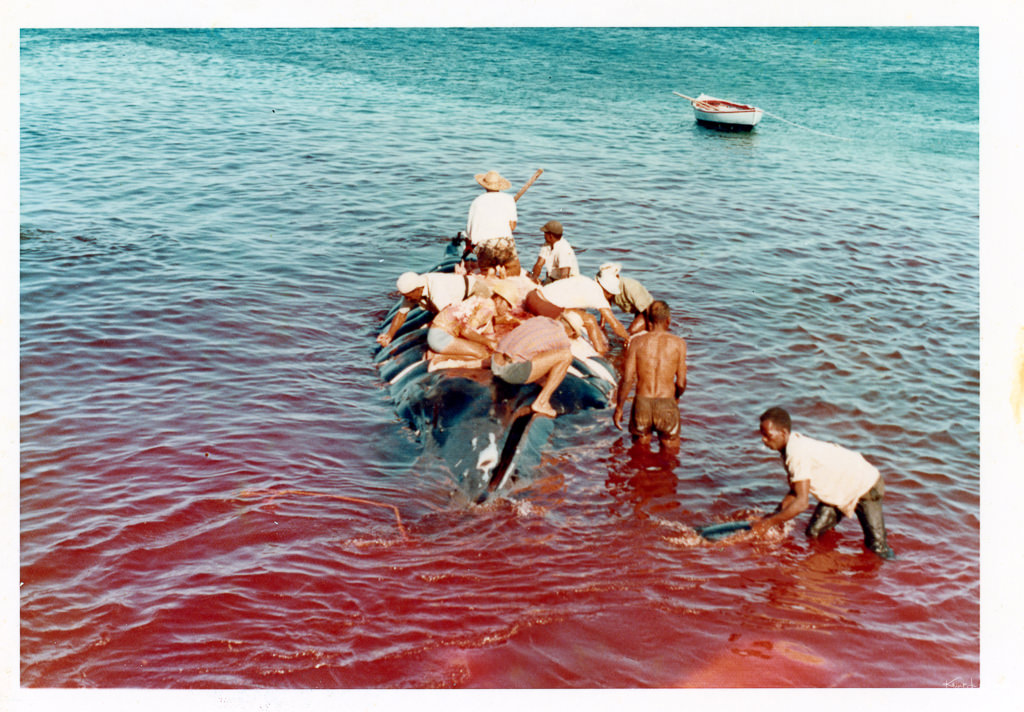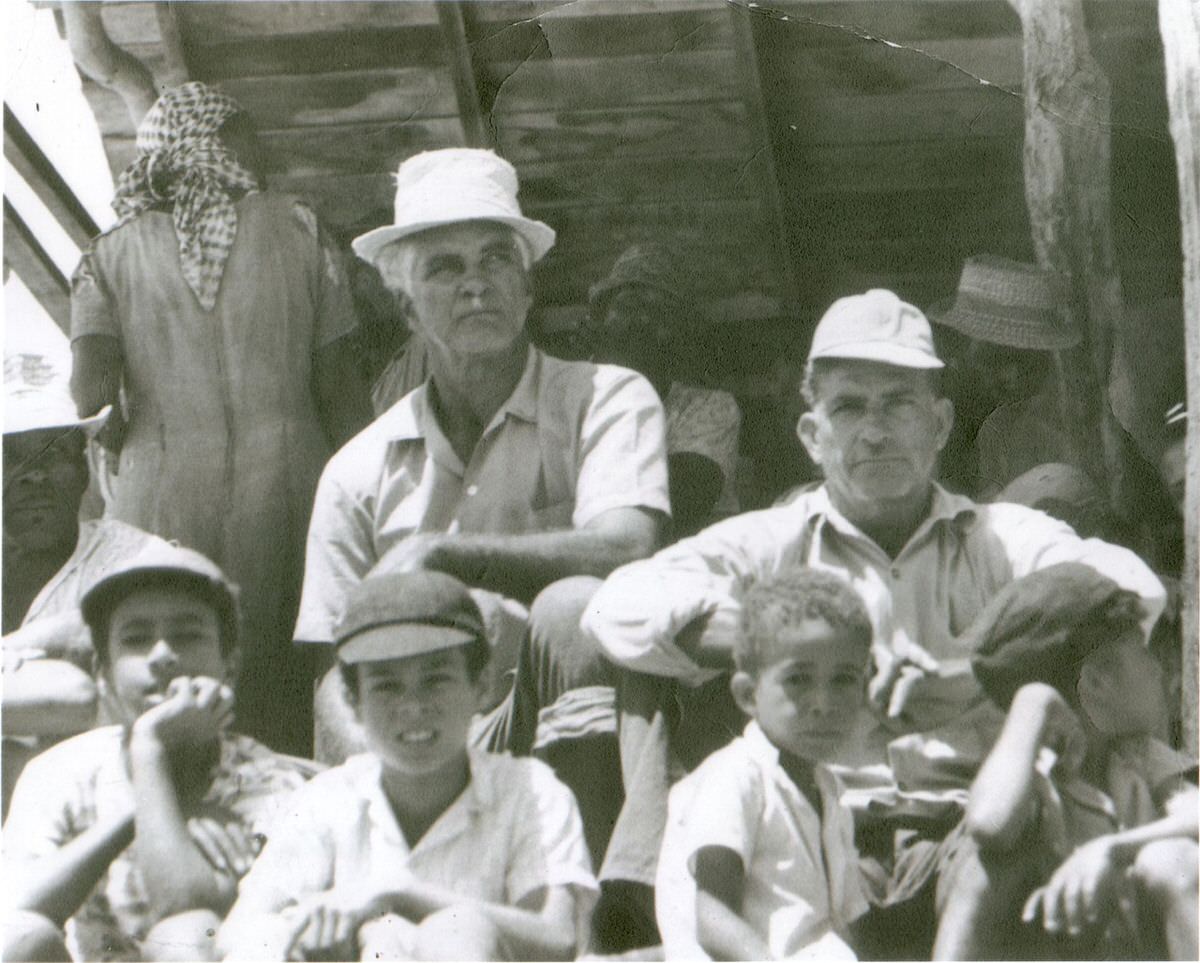 I have such fond memories of being with my grandparents, Louis & Celina Ollivierre, on Petit Nevis, while the whale was being butchered. There was much commotion as people piled homemade charcoal and gathered sticks to stoke the fire pits for cooking the whale meat. The men would butcher and the women would cook. I would hang around the fire near grandmother -- I called her Mama -- and when I was hungry she would hand me a calabash bowl with a bit of corned whale meat; maybe some cassava farina -- farine in the Bequia creole -- and corn cou-cou. The meat was cooked in large cast-iron pots and my grandmother would spend the day storing the pot. Always stirring.
I have such fond memories of being with my grandparents, Louis & Celina Ollivierre, on Petit Nevis, while the whale was being butchered. There was much commotion as people piled homemade charcoal and gathered sticks to stoke the fire pits for cooking the whale meat. The men would butcher and the women would cook. I would hang around the fire near grandmother -- I called her Mama -- and when I was hungry she would hand me a calabash bowl with a bit of corned whale meat; maybe some cassava farina -- farine in the Bequia creole -- and corn cou-cou. The meat was cooked in large cast-iron pots and my grandmother would spend the day storing the pot. Always stirring.
Watching this 60-minute documentary, which includes a clip with my Great Uncle Athneal, I could feel and smell the salty breeze that constantly filled the air on Bequia. Life was simple but it was paradise. I miss it.
The documentary has been been released on DVD and I bought a copy. I am so excited to share some of my family's legacy with my kids.
The Wind That Blows - documentary trailer from Tom Weston DP on Vimeo.
Spanning an entire generation and told from the perspective of a proud people infinitely more connected to nature than any Prius driver, this film challenges conventional thought about the impact of global conservation and modernization.
You can also rent or download a high definition digital version of the 60 minutes film from Vimeo.



